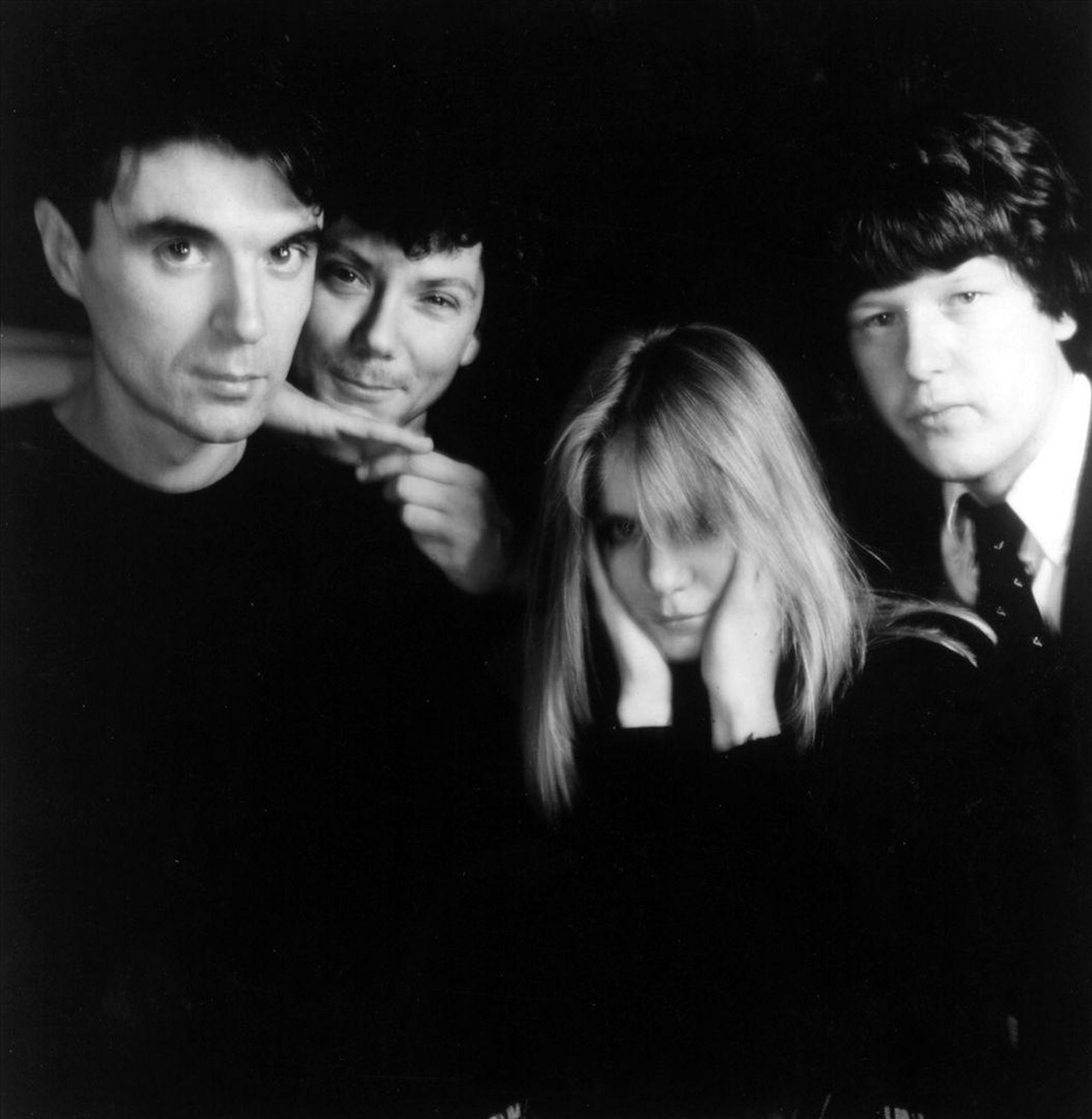David Byrne walking to the tip of a stage with a six-string and fashioning a world of the utmost rhythm and beauty is one of the most perfect sights. His band, Talking Heads, steadily crafted one of the most organically listenable catalogs in American music history. But, many testify that the peak of their powers was the release of the 1984 concert film “Stop Making Sense,” which channeled every ounce of artistic prowess lying in the band’s arsenal. It can be argued that the performance also saw them openly democratizing the usage of Afrobeat on American stages. And I, for one, give great appreciation to David Byrne and Talking Heads for understanding the plethora of creativity in contemporary music originating from people of African descent. “Stop Making Sense,” which exhibits extravagance similar to other great concert films like Martin Scorsese’s “The Last Waltz” (1978), is less so a concert and more a celebration — a celebration of art and a reveling in the purity of what it means to be alive.
The film was shot across four different shows at the historic Hollywood Pantages Theatre in Los Angeles in December 1983. Each show was recorded and blended into the final film, a project overseen and directed by the preeminent Jonathan Demme. While needing no introduction, Demme directed the film just seven years prior to his widely acclaimed “The Silence of Lambs” (1991), a film residing in the core of American cinematic mastery. His vision and ability to capture human emotion, even through all the sound, is integral to the unfettered beauty of “Stop Making Sense.” The camera is able to connect with the feelings of the performers on the stage. Demme manages to break down the wall between you and the screen and lets you experience the sounds of the Talking Heads as if you were physically there.
At the beginning of the film, a silver-suited David Byrne walks up to the microphone and sings atop the quarter-note bass riff of “Psycho Killer.” He sings with the passion and quirkiness that makes Talking Heads such a revered group of performers. The same goes for the following paradoxical song, “Heaven,” a story about some place that, externally, may contain a poignant and meaningful edge, but also a place “where nothing ever happens.” These love stories about simplistic romance and lowlife humdrum are what make the words of David Byrne so tangible to any listener.
The easy-to-gauge lyrics go further with songs like “This Must Be the Place.” One of the most intelligent, enjoyable songs ever performed, “This Must Be the Place” goes down like candy with its lively vocalizations and instrumentations. When David Byrne sings a love song, he makes the words seem so seamless to digest that you, as a listener, know you’re always in good hands.
In the overall setting, a film like “Stop Making Sense” becomes even more special when it’s experienced on the big screen. The Brattle Theatre in Cambridge has made the film the center of a monthly residency. It’s an awe-inspiring film to watch in theaters, with people dancing in the aisles to the words of “Crosseyed and Painless” and “Burning Down the House.” Jonathan Demme and David Byrne made something of an musical extravaganza that admires and appreciates the growth of American art.






